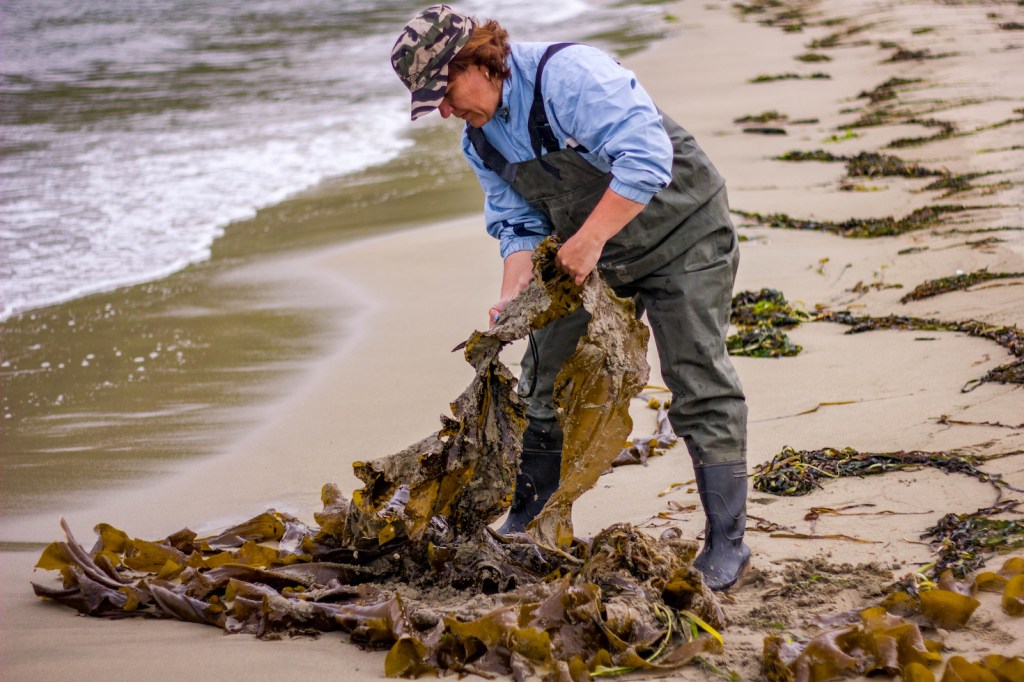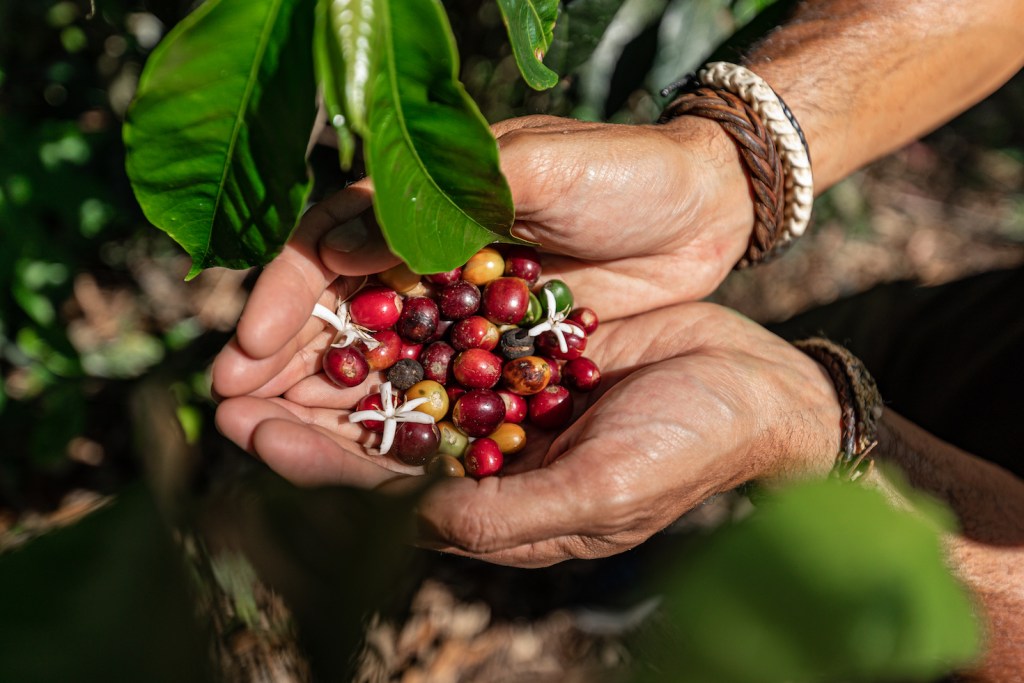Food & Agriculture
The five food startups shining at VERGE 21
During a pitch contest at GreenBiz's VERGE 21 conference, startups focusing on food waste and alternative proteins took center stage. Read More
How Walmart hooked a sustainable tuna supplier
The retailer is part of a new collaboration, Pacific Island Tuna, to shift to more sustainable suppliers. Read More
These three apps can help you become a more conscious eater
Many apps claim the can and want to change the world. These three are focusing on the emissions coming from your kitchen. Read More
5 ways to help reduce seafood waste and loss
Much of seafood is discarded including byproducts like skin, bones and head. To reduce food loss and curb emissions we should be using all parts of the fish. Read More
Panera bakes a plan to go climate positive
By switching to circular packaging, increasing renewable energy and adding climate-friendly items to the menu, the fast-casual chain aims to remove more carbon than it emits by 2050. Read More
4 sustainability strategy questions food companies should be asking
Food companies need to start asking themselves the hard questions about their supply chains like who is it helping and hurting and how can it change. Read More
Lobby action speaks louder than words
CEOs claim to be ready for a nature-positive world. But are their government affairs teams? Read More
How much do crops contribute to emissions?
Food production generates more than a third of manmade greenhouse gas emissions — a new framework tells us how much comes from crops, countries and regions Read More
How farmers and seaweed can help tackle ocean pollution
Seaweed’s benefits as part of a superfood are well-sung but its potential to tackle the destabilization of the Earth’s natural nitrogen and phosphorous cycles deserve more attention. Read More
Mars targets net zero for value chain by 2050
Its CEO calls for corporate net-zero goals that are 'fit for purpose' as the company ramps up science-based targets to cover its entire value chain. Read More









